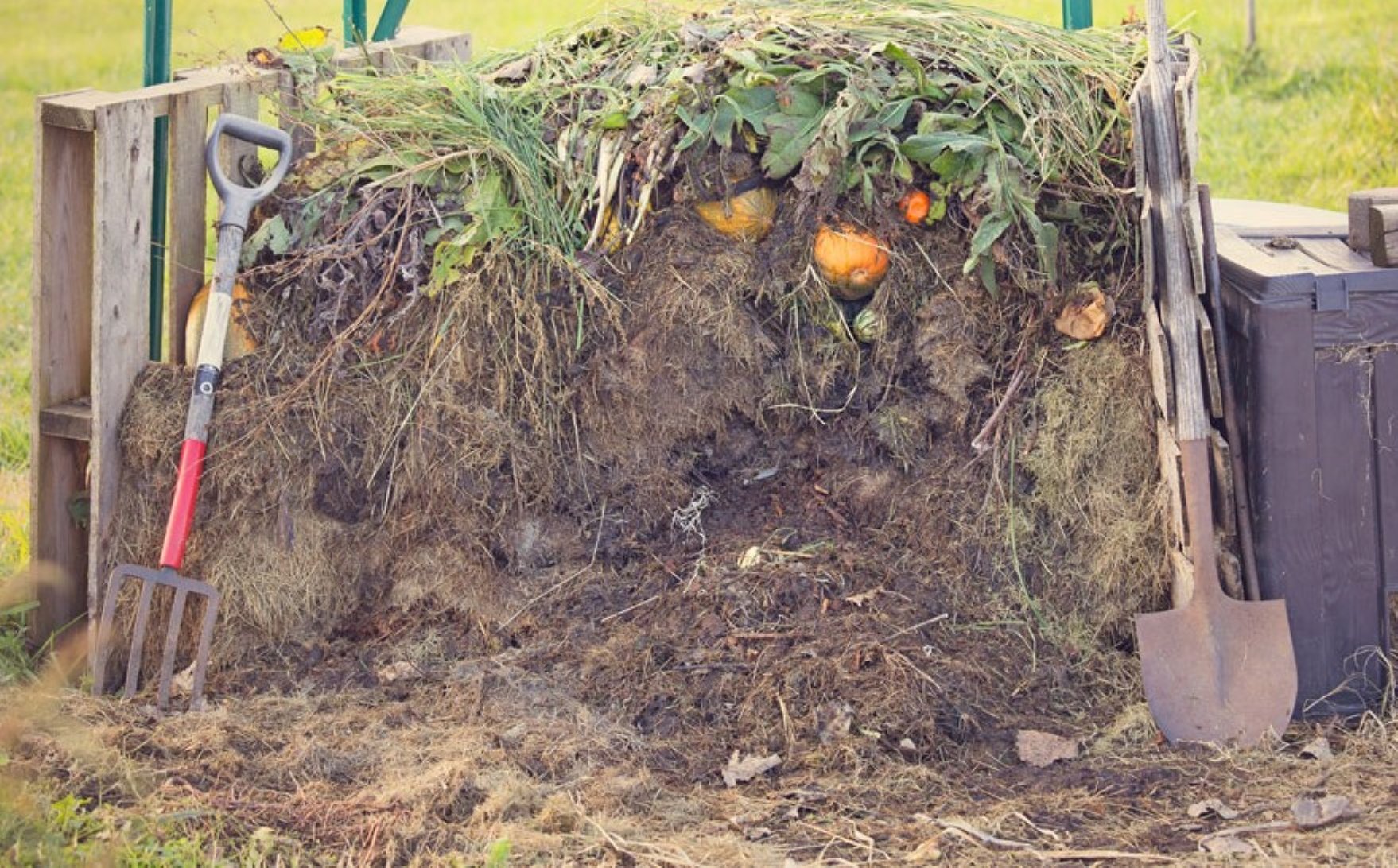Ah, summer! The season of sunshine, blooming gardens, and barbecues. While you're out there soaking up the rays, don't forget about your compost pile—it needs some love too! Summer is prime time for composting, but the heat can bring its own set of challenges. With a few simple tips, you can keep your compost working efficiently all summer long.
1. Keep It Moist, But Not Soaked
The heat of summer can dry out your compost pile pretty quickly, which slows down the decomposition process. Aim to keep your pile as damp as a wrung-out sponge. If it feels dry, give it a good watering with the hose. But be careful—not too much! You don’t want a soggy, slimy mess. A quick check every few days should do the trick.
2. Turn, Turn, Turn
Turning your compost pile is like giving it a breath of fresh air. It introduces oxygen, which is crucial for the microbes breaking down all that organic material. In the summer, with the heat speeding up decomposition, aim to turn your pile every 1-2 weeks. This also helps distribute moisture evenly and prevents any nasty odors from developing.
3. Balance the Browns and Greens
Summer often means an influx of grass clippings, fruit scraps, and other "greens" (nitrogen-rich materials). These are great for your compost, but too much can make your pile smell bad and get too hot. Balance out the greens with plenty of "browns" (carbon-rich materials) like dried leaves, straw, or shredded newspaper. A good rule of thumb is three parts browns to one part greens.
4. Watch the Heat
Summer temperatures can really heat up your compost pile, sometimes even too much. If you notice your compost getting steamy or hot to the touch (above 160°F), it’s time to cool it down. Add more browns and give it a thorough turning to release some of that trapped heat.
5. Pest Patrol
With warm weather, pests like flies, rodents, and even raccoons might find your compost pile inviting. To keep them at bay, bury food scraps deep within the pile and avoid adding meat, dairy, or oily foods. If you’re really having trouble, consider covering your compost with a fine mesh or investing in a compost bin with a secure lid.
6. Smell That Fresh Air
Your compost shouldn’t smell bad. If it does, something’s off! A foul odor usually means your compost is too wet or doesn’t have enough oxygen. Add more browns, turn the pile, and check the moisture level. In no time, you should be back to that earthy, pleasant compost smell.
7. Harvest and Start Fresh
Summer is also a great time to harvest finished compost. If you’ve been composting since the fall or winter, you might have a rich, dark batch ready to use. Spread it around your garden beds to give your plants a nutrient boost, and then start a fresh pile with your summer yard waste and kitchen scraps.
8. Stay Consistent
Consistency is key with composting, especially in summer. Regularly adding materials, turning the pile, and monitoring moisture will keep things humming along smoothly. And remember, composting is a natural process—so even if things don’t go perfectly, nature has a way of sorting it all out!
Summer composting doesn’t have to be complicated. With a little attention and care, your compost pile will thrive in the warm weather, breaking down your organic waste into garden gold. So next time you’re out enjoying the sun, take a moment to check on your compost. A little TLC now will pay off with rich, healthy compost for your garden all year round!


